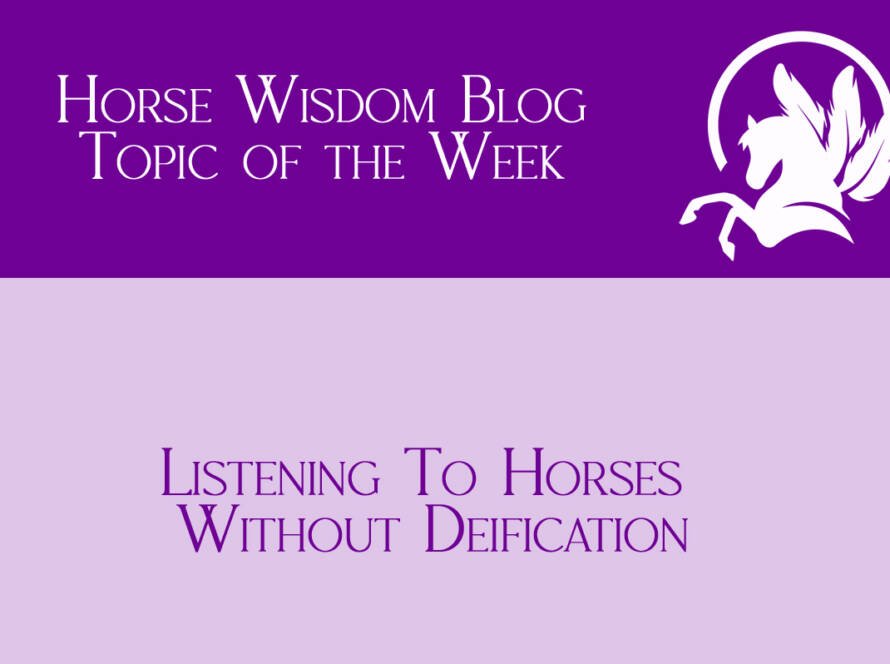Intention begets action. We must have the intention to change our stories and to dive into our own personal storytelling before we actually make change. But when a recent article said that “we all know people who know the right things to do, but can’t do them consistently”, the shame implied in that statement gave me pause. Because knowing better and making mistakes and not following through? That’s not something to be ashamed about, that’s human!
I also sensed the ableism in that statement, as if our brains were light switches and when we wanted to “turn them on” to take action, that everybody could, and if someone couldn’t, then there were issues with that person. It struck me also as the pathology that goes into a lot of psychology, where the social and intersectional issues of a person’s world aren’t discussed as the root cause of many issues like anxiety or depression, because the focus is on them, and how they are thinking “wrong”.
For many of us with ADHD we internalized stories that we were lazy, or didn’t have follow through, or we couldn’t do “anything right”. The internalized stories metastasized, became part of our core identities, and that’s why for those of us with late diagnosed neurodivergence, the actual diagnosis, the fact that it isn’t just all those things we were told, creates such a big aha moment and big shifts in the way that we think of ourselves. There’s a lot of unlearning that goes into having a diagnosis late in life. Suddenly, everything you learned for years or even decades makes sense, both in the reasons why it was happening and just how misguided a lot of those internalized stories can be. Those internalized stories breed shame. And unlearning that shame, being gentle with yourself and creating new stories is a large part of the re-story-ation process.
The truth is that being able to access our tools when we need to emotionally regulate, being able to take a step back and think about a situation, those processes require something called executive function. I would argue that spirituality also takes executive function, because it is a conscious choice to believe that we are all connected, to believe that we are all divine, and to choose to act from that basis rather than operate from an emotionally dis-regulated state where we see everyone as the enemy and ourselves as needing to “get the better of” someone else.
Trauma, neurodivergent brains, cPTSD/PTSD and other situations all can interfere with executive function. The disruption of executive function is why we may know what we need to do (for example check in with our bodies, meditate, go for a walk) and yet there’s a distance between when we do that. A lack of executive function also can keep us trapped in our brains, not feeling grounded and embodied, which again can interfere with spirituality.
There is no switch to flip. There is no quick fix for this. Instead, we must take the time to be gentle with ourselves, to pay attention to those stories, which yes does require executive function to, and decide how and when we’re going to move forward. The goal is never to shame someone for not taking the first step or moving along a path; the goal is to walk with them, hold space, and hopefully make it easier for them to make choices that lead to change.
We need to stop shaming people for dealing with executive function difficulties. Instead, let’s hold out our hands and offer to walk together.


